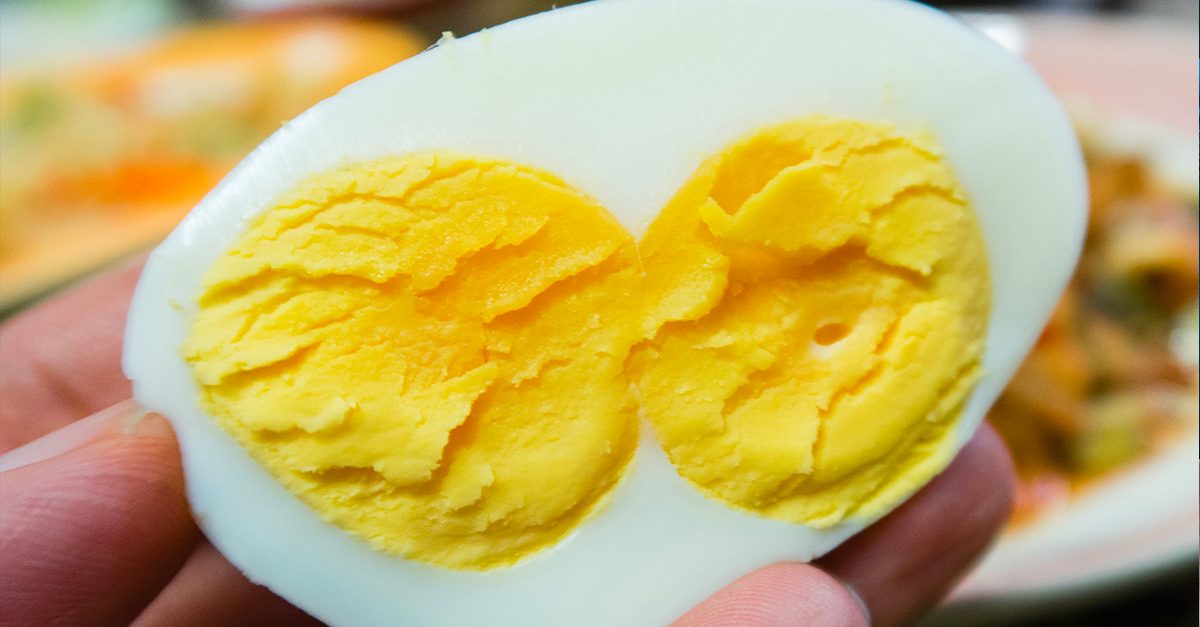
The tradition of hunting for eggs is a colorful and cherished part of Easter celebrations, blending historical religious practices with whimsical folklore. This engaging activity not only delights children worldwide but also carries a rich tapestry of cultural and historical significance. The story behind this beloved tradition is as intricate and varied as the patterns often found on Easter eggs themselves.
Origins of the Egg Hunting Tradition
The practice of egg hunting is thought to have its roots in early pagan festivals that celebrated spring and renewal. Eggs, with their perfect, enclosed shape, have long been symbols of new life, fertility, and rebirth across various cultures. As Christianity spread throughout Europe, many pagan customs were absorbed and reinterpreted within a Christian context, including the celebration of Easter, which commemorates the resurrection of Jesus Christ. The egg, symbolizing Jesus' emergence from the tomb and resurrection, was naturally incorporated into these celebrations.
The specific tradition of egg hunting is believed to have originated in the medieval period. One of the earliest references to egg hunting can be traced back to Martin Luther, who organized egg hunts for his congregation, where men would hide eggs for women and children to find. This playful search for eggs was symbolic of the disciples’ visit to the empty tomb and the joy of discovering the resurrection.

Why Bunnies and Eggs?
The Easter bunny and eggs are intertwined symbols of Easter, each with its own story of adoption into Easter traditions. The rabbit, known for its prolific fertility, was a symbol associated with Eostre, the Anglo-Saxon goddess of spring and fertility. This association made the bunny an emblem of life and renewal, fitting themes for the resurrection celebrated at Easter.
As for eggs, their connection to Easter goes beyond the symbol of rebirth. In medieval Europe, eggs were often forbidden during Lent, making them a prized treat to enjoy on Easter. Decorating eggs to celebrate Easter Sunday became a popular tradition, evolving over time into the elaborate art of egg decoration known today.
Easter Egg Hunts Today
Today, Easter egg hunts are a highlight of Easter celebrations for children around the globe. Typically occurring on Easter Monday, these hunts involve hiding decorated eggs for children to find, often adding layers of competition like assigning points for different colors or types of eggs. In many communities, these hunts have grown from small family gatherings to large, organized events, complete with games, prizes, and sometimes even appearances by the Easter Bunny himself.
;Resize,width=712;)
;Resize,width=712;)
;Resize,width=712;)
;Resize,width=767;)
